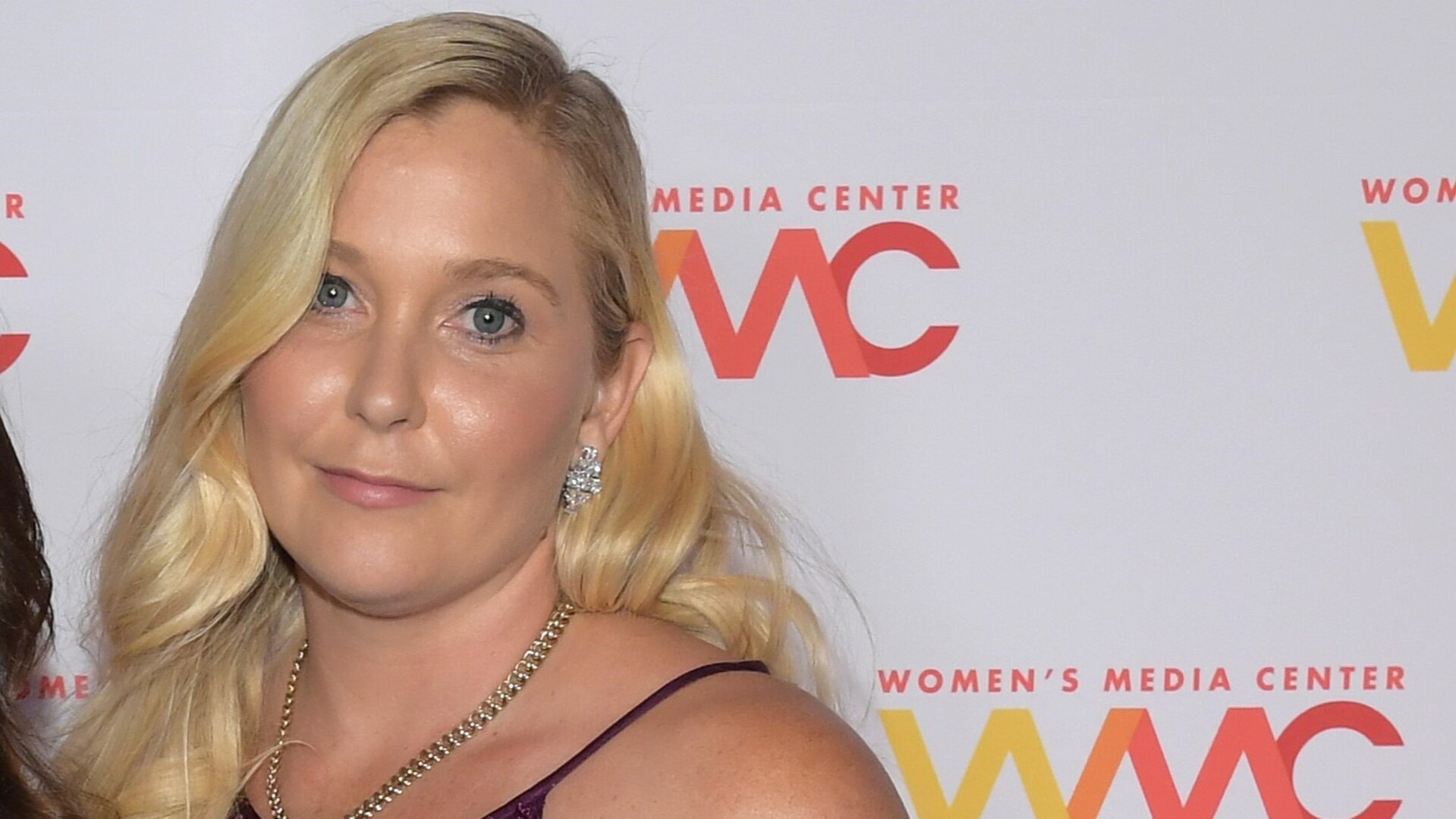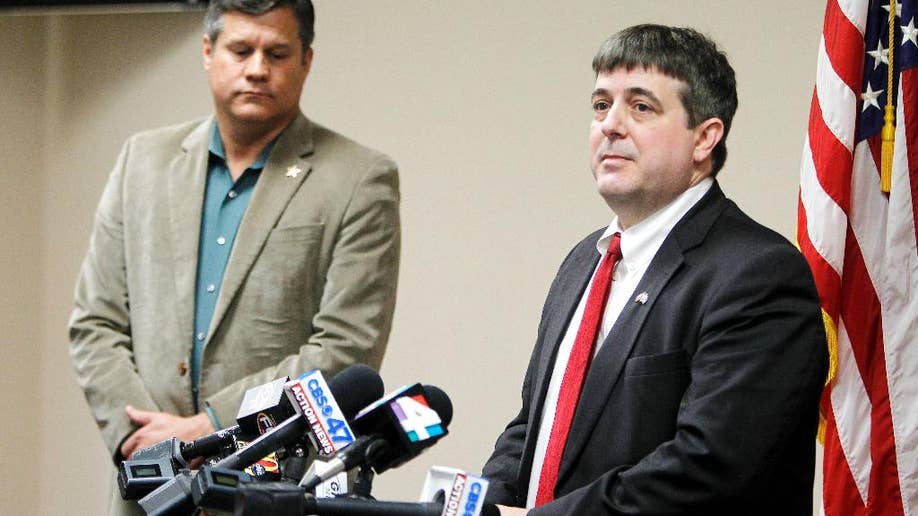Hollywood Shutdown: Writers And Actors On Strike — What It Means For Film And TV

Table of Contents
The Causes of the Hollywood Strike
The current Hollywood strike is a culmination of years of simmering tensions between creative professionals and the major studios and streaming services. Several key factors have fueled this unprecedented labor action.
Fair Wages and Residuals in the Streaming Era
The transition from traditional broadcast television to streaming platforms has fundamentally altered the compensation model for writers and actors. While broadcast television offered lucrative residuals—payments made each time a show aired—streaming services largely offer upfront payments with minimal or no residuals. This has significantly reduced the earning potential for many, especially those working on successful shows that generate massive views.
- Examples of unfair compensation models: Many streaming deals offer a flat fee, regardless of viewership or a show’s success, leaving writers and actors with little to no compensation for the long-term success of their work. This contrasts sharply with the lucrative residual payments enjoyed in the era of network television.
- Declining residuals for streaming content: The shift to streaming has decimated residual income for many actors and writers. A show with millions of viewers might generate minimal additional income for those who created it.
- The impact of AI on creative work: The increasing use of AI in scriptwriting and performance capture raises concerns about job displacement and the devaluation of human creativity. This technological disruption fuels anxieties about the future of work in the industry.
The Rise of Artificial Intelligence in Creative Work
The use of AI in entertainment is a major point of contention. Writers and actors are concerned about the potential for AI to replace human creativity, leading to job losses and a decrease in the value of their skills. The lack of clear guidelines and regulations surrounding the use of AI in creative projects further exacerbates these concerns.
- Examples of AI tools used in filmmaking: AI is already being used to generate scripts, create background visuals, and even simulate performances.
- Concerns about copyright and ownership: The question of who owns the copyright to AI-generated content is a critical legal and ethical issue.
- Impact on creative jobs: The widespread adoption of AI could lead to significant job losses for writers, actors, and other creative professionals.
Working Conditions and Healthcare
Beyond financial compensation, the Hollywood strike addresses the often grueling working conditions faced by actors and writers. Long hours, demanding schedules, and insufficient access to healthcare are persistent issues. Unions play a vital role in advocating for better treatment and protection for their members.
- Examples of unfair working conditions: Many actors and writers work excessively long hours with little or no breaks, impacting their well-being and safety.
- Lack of healthcare coverage: Adequate and affordable healthcare remains a major concern for many in the entertainment industry.
- Safety concerns on set: The strike also highlights safety concerns that are often neglected during the rush of production schedules.
The Impact of the Hollywood Strike
The Hollywood strike is not merely an internal dispute; it has far-reaching consequences across the entertainment industry and beyond.
Production Delays and Cancellations
The immediate impact is a significant slowdown in film and television production worldwide. Numerous projects are delayed or canceled, creating a domino effect that impacts countless individuals and businesses.
- List of delayed or canceled projects: Major studio releases, network television shows, and streaming series are all affected.
- Economic impact on local economies: Film productions often contribute significantly to local economies, and the stoppage affects related businesses such as hotels, restaurants, and transportation services.
- Job losses: The strike leads to job losses for crew members, support staff, and related industries.
The Effect on Streaming Services
Streaming services, heavily reliant on consistent content releases, are feeling the pressure. The Hollywood strike disrupts their content pipelines, potentially affecting subscriber numbers and future content strategies.
- Specific examples of streaming services affected: Netflix, Disney+, HBO Max, and other platforms are all facing production delays and potential content shortages.
- Potential subscription drop-offs: A lack of fresh content could lead to subscriber churn for streaming services.
- Effects on future content strategies: The strike may force streaming services to re-evaluate their content acquisition and production strategies.
The Ripple Effect on Related Industries
The impact extends far beyond the studios and networks. Industries that support filmmaking—catering, transportation, post-production, and more—are feeling the economic ripple effects. Even tourism in areas known for film production is impacted.
- Examples of supporting industries affected: Catering companies, transportation services, and post-production houses are facing financial difficulties.
- Economic ripple effects in related sectors: The loss of income in the entertainment industry has a cascading effect on related businesses and local economies.
Potential Outcomes and Resolutions of the Hollywood Strike
The resolution of this Hollywood strike is crucial for the future of the industry.
Negotiations and Potential Agreements
Negotiations between the unions (WGA and SAG-AFTRA) and the AMPTP (Alliance of Motion Picture and Television Producers) are ongoing. Reaching a compromise requires addressing the core issues: fair wages, residuals, AI's role, and improved working conditions.
- Key demands of the unions: The unions are fighting for fair compensation models, residuals that reflect the success of streaming content, safeguards against the misuse of AI, and improved working conditions.
- Potential concessions from studios: The studios may offer increased upfront payments, revised residual structures, and some commitments regarding the responsible use of AI.
- Possible scenarios for resolving the strike: A successful resolution may involve a combination of financial concessions, regulatory changes, and agreements on the ethical use of AI in creative work.
Long-Term Implications for the Entertainment Industry
The Hollywood strike could fundamentally reshape the relationship between studios, streaming services, and creative professionals.
- Potential changes in the industry: The strike could lead to a more equitable distribution of profits, improved working conditions, and tighter regulations surrounding the use of AI.
- Long-term economic impact: The economic consequences of the strike could be substantial, affecting production budgets and investment in the industry.
- Future of creative work in the entertainment industry: The strike's outcome will significantly influence the future of creative work, shaping the balance of power between creators and corporations.
Conclusion:
The Hollywood strike, encompassing both the writers' and actors' strikes, represents a critical moment in the entertainment industry. The issues at stake—fair wages, the impact of streaming on residuals, the rise of AI, and working conditions—are critical to the future of film and television. The outcome of these negotiations will significantly impact not only the immediate production schedules but also the long-term landscape of creative work. Staying informed about this ongoing Hollywood strike is vital for anyone who cares about the future of film and television. Understanding the complexities of this shutdown is essential; continue to follow developments in this pivotal moment for the industry.

Featured Posts
-
 Ev Mandate Opposition Car Dealers Renewed Resistance
May 12, 2025
Ev Mandate Opposition Car Dealers Renewed Resistance
May 12, 2025 -
 Yankees Lineup Bellingers Impact Batting Behind Aaron Judge
May 12, 2025
Yankees Lineup Bellingers Impact Batting Behind Aaron Judge
May 12, 2025 -
 Virginia Giuffre Car Crash And Four Day Death Prediction Following Prince Andrew Case
May 12, 2025
Virginia Giuffre Car Crash And Four Day Death Prediction Following Prince Andrew Case
May 12, 2025 -
 Are Jessica Simpson And Eric Johnson Back Together New Sighting Sparks Debate
May 12, 2025
Are Jessica Simpson And Eric Johnson Back Together New Sighting Sparks Debate
May 12, 2025 -
 Debate Evasion Schoof Silent On Fabers Honours Decision
May 12, 2025
Debate Evasion Schoof Silent On Fabers Honours Decision
May 12, 2025
Latest Posts
-
 Vlada Predstavlja Predlog Novele Zakona O Romski Skupnosti Javna Obravnava
May 13, 2025
Vlada Predstavlja Predlog Novele Zakona O Romski Skupnosti Javna Obravnava
May 13, 2025 -
 Efl Highlights Action Goals And Thrills From The Efl
May 13, 2025
Efl Highlights Action Goals And Thrills From The Efl
May 13, 2025 -
 Family And Friends Remember 15 Year Old Killed At School
May 13, 2025
Family And Friends Remember 15 Year Old Killed At School
May 13, 2025 -
 Experience The Thrill Efl Highlights And Match Reports
May 13, 2025
Experience The Thrill Efl Highlights And Match Reports
May 13, 2025 -
 Predlog Novele Zakona O Romski Skupnosti Kaj Lahko Pricakujemo Po Javni Obravnavi
May 13, 2025
Predlog Novele Zakona O Romski Skupnosti Kaj Lahko Pricakujemo Po Javni Obravnavi
May 13, 2025
